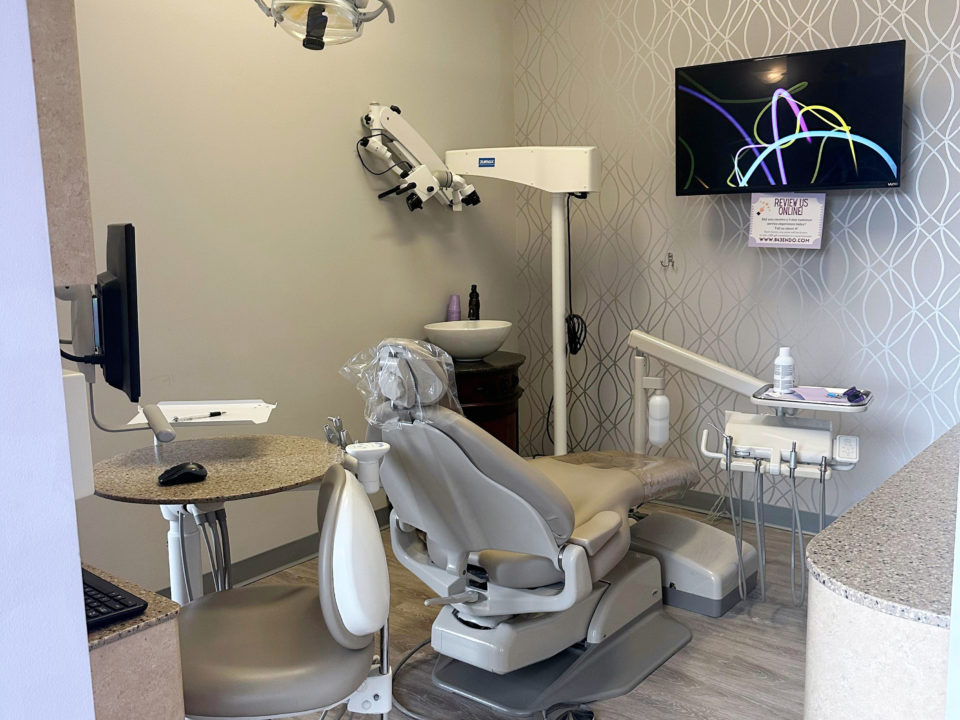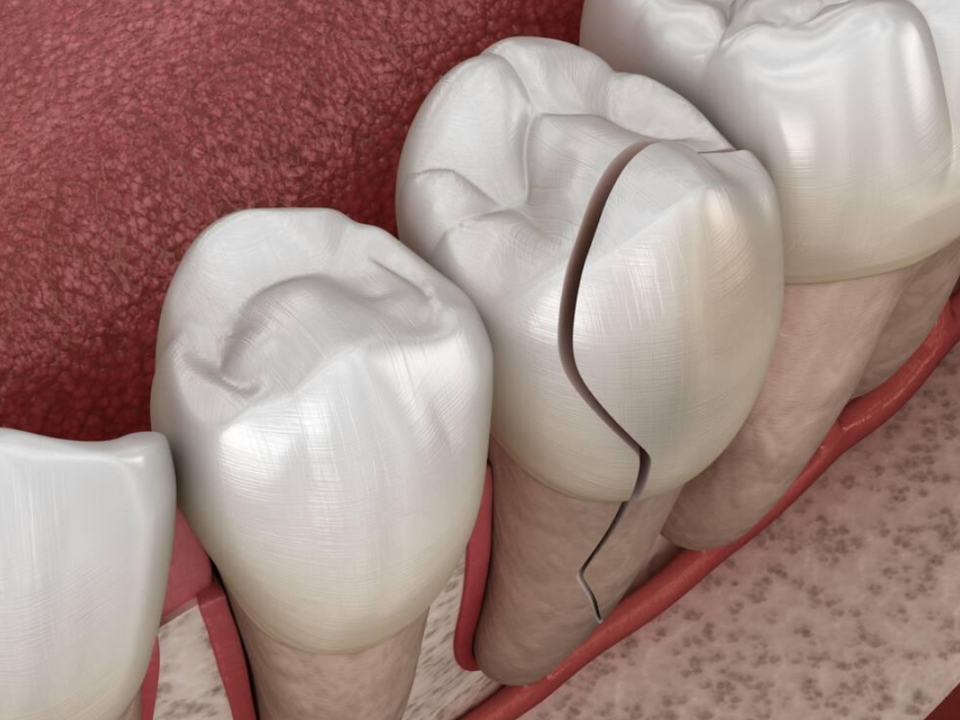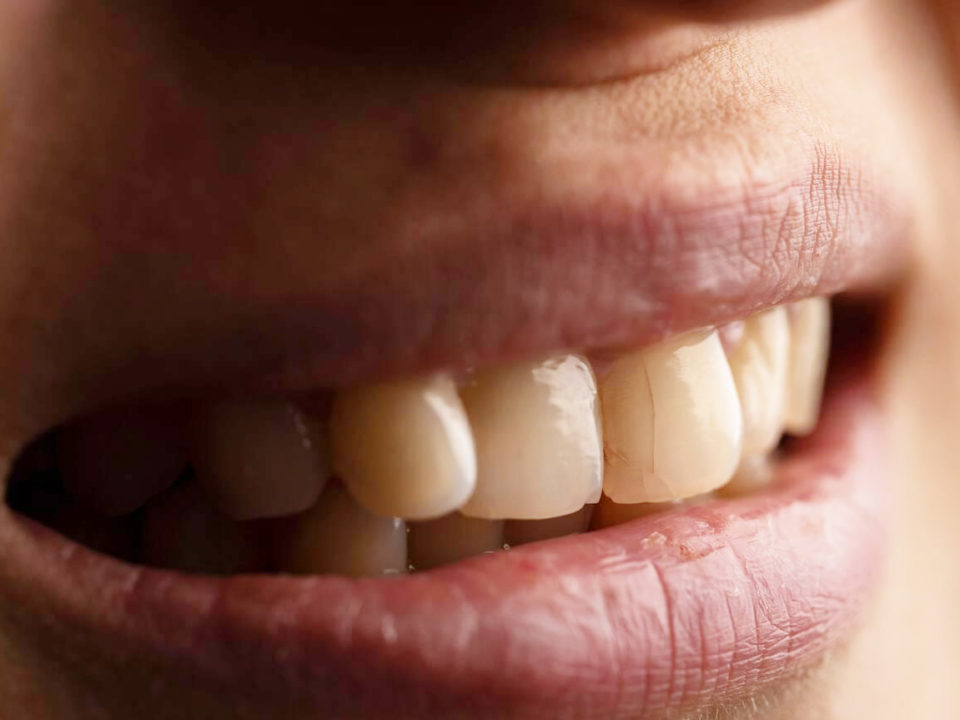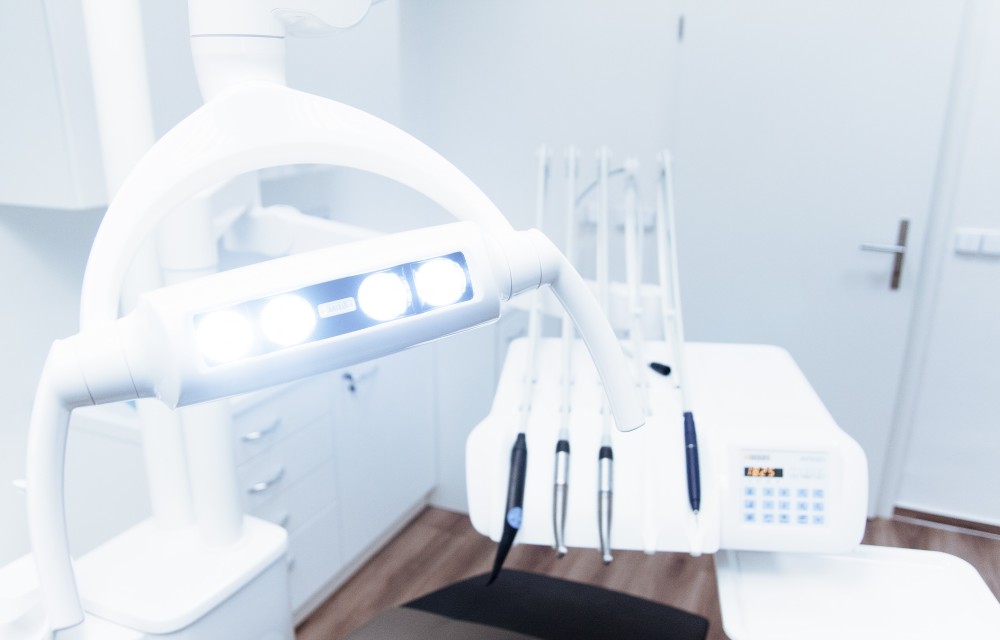
Are Root Canals Safe?
December 2, 2020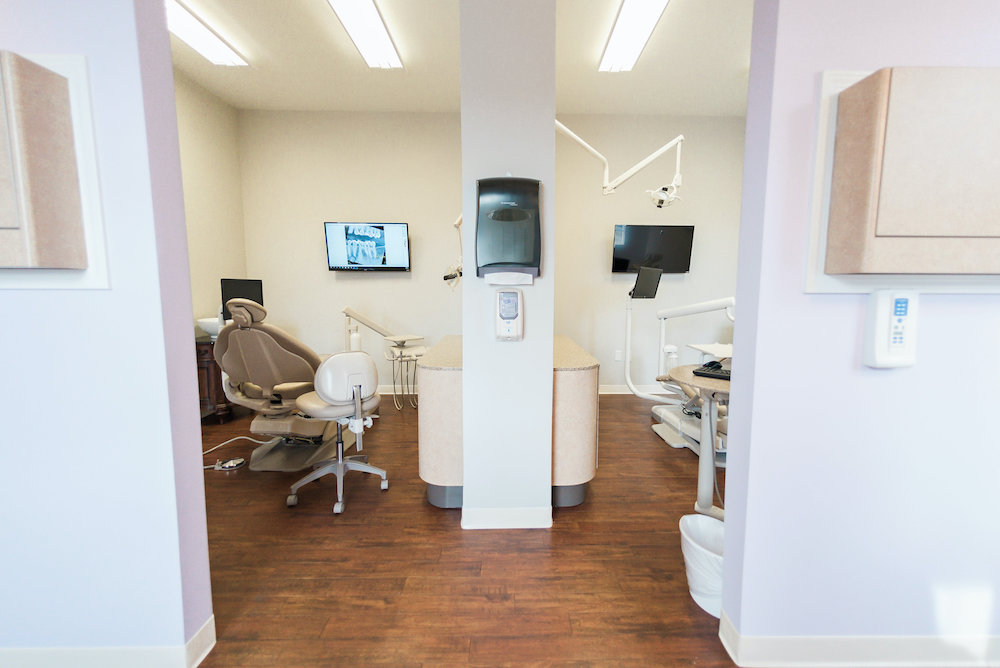
When is a Root Canal Necessary?
December 18, 2020
Are Root Canals Safe?
December 2, 2020
When is a Root Canal Necessary?
December 18, 2020You bite down hard on something, or you get hit in the face while playing sports, and you notice that one of your teeth has a crack in it. Now what? First, don’t panic. Here, you will find everything you need to know when you have a cracked tooth until you can get care from us at Innovative Endodontics. Read below about what to do if you have a cracked tooth.
What to Do If You Have a Cracked Tooth
In some cases, you will know when you crack a tooth because it happens from a specific incident. However, for some people, a cracked tooth happens from long-term stress on the tooth. This pressure may happen from nightly teeth grinding or quick changes in temperature in your mouth. Making a quick assessment of your mouth when you floss daily can help you to identify if you have a cracked tooth before it begins to show symptoms.
Recognize the Symptoms of a Cracked Tooth
Not everyone will have symptoms of a cracked tooth. Some cracks cause no pain. However, if you don’t get treatment for a cracked tooth, you may get bacteria into the crack, infecting the tooth pulp. If this happens, you may develop:
- Tooth pain
- Gum swelling
- Sensitivity
- Vague discomfort in the area
- Pain that intermittently eases and worsens
Even if you cannot see a crack in your tooth, you should still make an appointment with your dentist if you have any of these symptoms. Your dentist may need to do x-rays to diagnose your tooth.
If you have pain when biting down, contact your endodontist for an appointment. To ease the pain in the meantime, we recommend avoiding using that tooth to chew and take ibuprofen to help ease the pain. Never put aspirin or topical pain medication directly on a cracked tooth.
Identify the Type of Crack
There are several locations that a tooth can crack. The extent of the crack and its location determine the type. If you can identify the type, you may have a better chance of saving some cracked teeth without the risk of needing extraction.
- Cracks that Cause Little Pain: Craze lines only affect the enamel of the tooth. These cracks don’t cause pain and need no treatment. Cusp cracks usually happen on the biting surface of a tooth, near a filing. These also do not typically cause pain because it often does not extend to the tooth’s pulp. You should still ask a dental professional if this type of crack needs treatment.
- Painful, Moderate Cracks: Cracks that extend from the biting surface to the gum line but do not go below the gumline are moderate and may cause pain. With treatment, these cracks typically don’t pose a risk of losing the tooth. However, if the crack reaches the pulp, you may feel severe pain and need endodontic care soon.
- Severe Cracks: Cracks that extend below the gum line, start at the gum line and move up, or split the tooth are all severe. If you can get prompt endodontic treatment of these types of cracks, the endodontist might be able to save the tooth. For split teeth, the professional will try to save at least part of the tooth. Vertical cracks that move upward from below the gum line may require endodontic surgery to prevent the entire tooth’s loss.
What Not to Do for a Cracked Tooth
If you have a cracked or chipped tooth, there are some things that you do not want to do. First, do not put off getting treatment. While you don’t need to seek emergency dental care in most cases, you should still get an appointment as soon as possible. The longer you have a cracked tooth, the greater the chance you will have of bacteria entering the crack and causing an infection.
Infection in your tooth can lead to a dental abscess. This complication of a cracked tooth can cause the following serious symptoms, indicating that you need dental care as soon as possible:
- Swollen gums
- Tender, swollen neck glands
- Bad breath
- Fever
- Pain when biting down on the tooth
If your tooth becomes infected, you may need treatment for the infection first before your dentist or endodontist can restore the cracked tooth.
Endodontic Treatment for a Cracked Tooth
For many cracked teeth, the goal of endodontic treatment is to prevent infection or remove the infected matter from the tooth’s interior. For cracks that affect the pulp, an endodontist will need to perform a root canal treatment. This procedure cleans out bacteria and pulp that became infected. After the root canal, you will need a crown over the tooth, which your dentist can place.
For minor chips, your dentist may use bonding to reattach the missing piece or to attach a piece of tooth-colored filling or a crown.
Split teeth or those with vertical cracks may need endodontic surgery to preserve some of the teeth. However, if the endodontist determines that the tooth has too much damage or the crack goes from the biting surface below the gum line, you will need an extraction.
How to Prevent Cracking Teeth in the Future
You don’t have to go through the pain of a cracked tooth in the future if you take some measures to prevent it. Do the following to lessen your chances of cracking one of your teeth and needing a root canal or extraction:
- Avoid eating very hot and very cold foods together
- Don’t bite down on pens, pencils, or non-edible things
- Don’t use your teeth to open packages, bottles, or cans
- Get a night guard to prevent nighttime teeth grinding
- Wear a mouthguard during sports activities
Call Us at Innovative Endodontics for Help with a Cracked Tooth
While our guide can help you with what to do if you have a cracked tooth, feel free to contact us if you still have questions. If you live in Moncks Corner, SC, or the surrounding areas we can help you if you need to make an appointment to receive care for a cracked tooth. When you visit us at Innovative Endodontics, you will get the best treatment possible to try to save your tooth.


